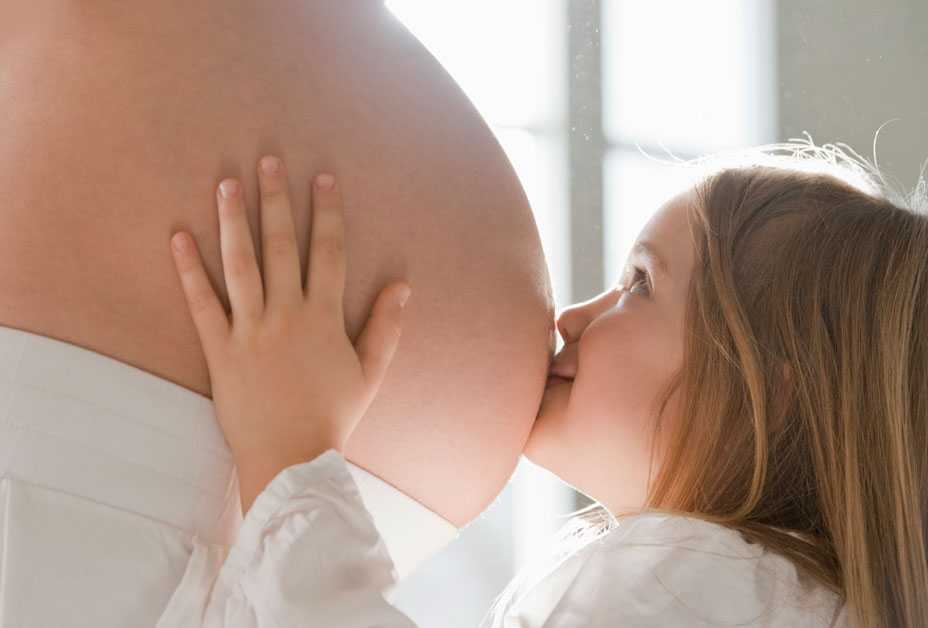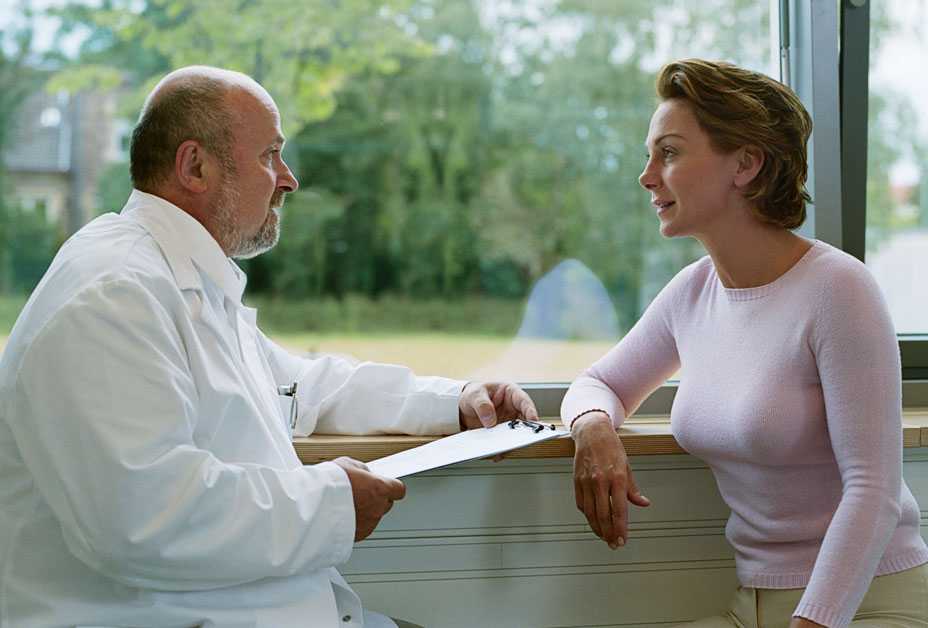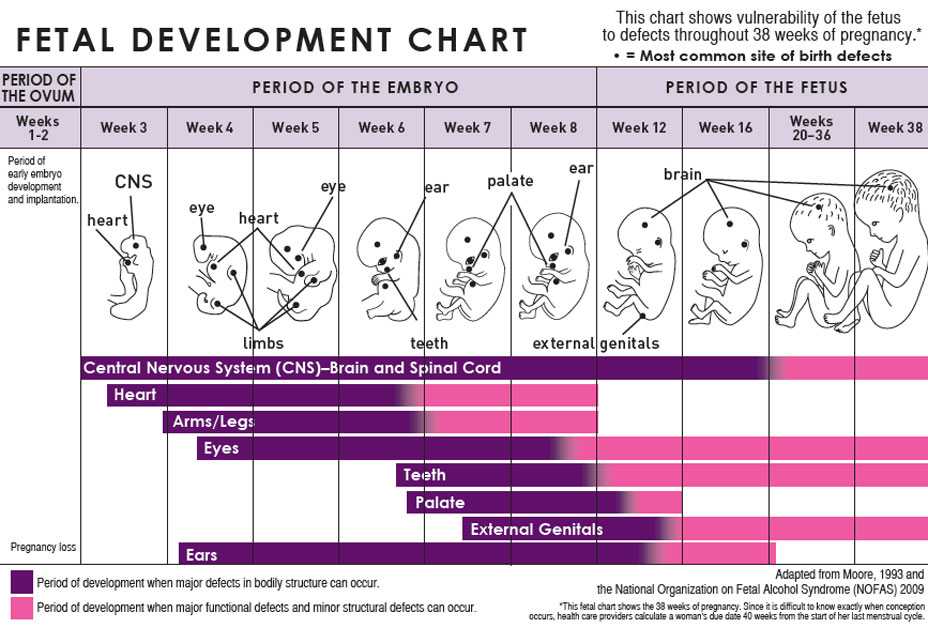Alcohol and Pregnancy
[al-kuh-hawl, -hol] [and; unstressed uh nd] [preg-nuh n-see]

Fetal alcohol spectrum disorders (FASDs) can occur in an individual who was exposed to alcohol before birth. Alcohol in the mother’s blood passes to the baby through the umbilical cord. There is no known safe amount of alcohol during pregnancy or when trying to get pregnant. There is also no safe time to drink during pregnancy. Alcohol can cause problems for a developing baby throughout pregnancy, including before a woman knows she’s pregnant. All types of alcohol are equally harmful, including all wines and beer. To prevent FASDs, a woman should not drink alcohol while she is pregnant, or if there is a chance she might be pregnant.
Quiz
Key Facts
- Drinking alcohol during pregnancy can cause lifelong physical, behavioral, and intellectual disabilities.
- Women who are pregnant or who might be pregnant should not drink alcohol, including women who are trying to get pregnant.
- All types of alcohol are equally harmful, including all wines and beer.
- FASDs last a lifetime. There is no cure for FASDs. But early intervention can improve a child’s development.
Media
Prevention Tips
- Women who are pregnant or who might be pregnant should not drink alcohol. This includes women who are trying to get pregnant and women who are at risk of becoming pregnant because they do not use effective contraception (birth control).
- There is no known safe amount of alcohol use during pregnancy or when trying to get pregnant.
- The best advice is to stop drinking alcohol when you start trying to get pregnant.
- It is never too late to stop drinking. Because brain growth takes place throughout pregnancy, the sooner you stop drinking, the safer it will be for you and your baby.
- Page last reviewed: September 6, 2017
- Page last updated: September 6, 2017
- Content source:


 ShareCompartir
ShareCompartir


